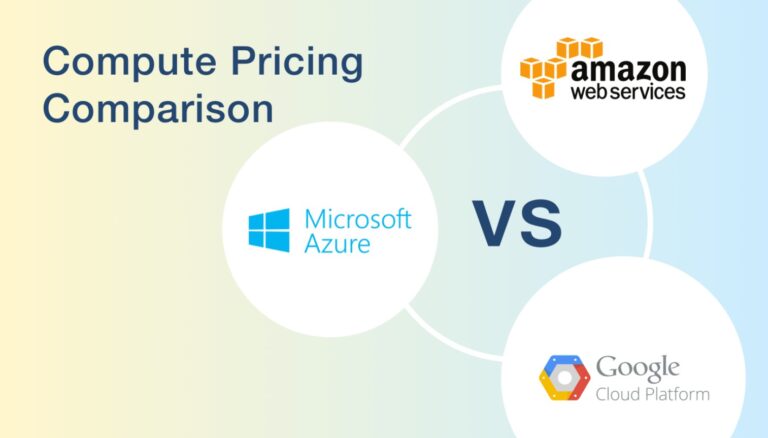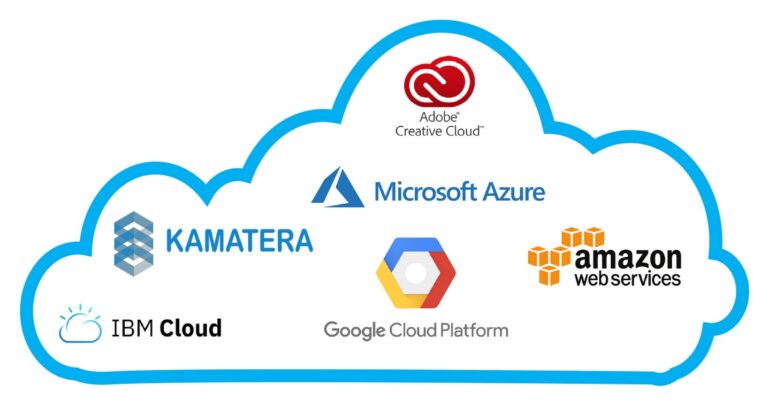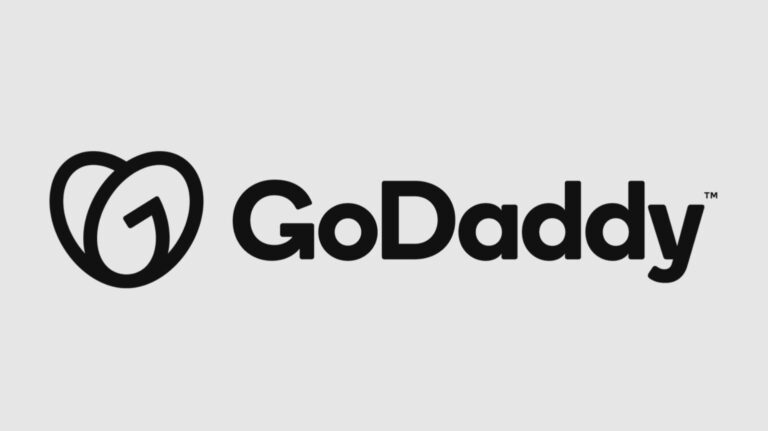Cloud Server Infrastructure: Guide, Benefits, and Buying Tips
In the current era of digitalization, businesses are progressively turning to cloud server infrastructure to optimize their day-to-day activities.
But what precisely does cloud server infrastructure entail? What are the specific advantages it can offer your business?
Additionally, which products stand out as the top choices in the market? Let’s explore these inquiries in-depth and delve into related topics.
What is Cloud Server Infrastructure?
The term “cloud server infrastructure” encompasses the complete set of physical and virtual components that enable the delivery of cloud computing services.
These components include a variety of servers, storage devices, networking equipment, and virtualization software, all of which collaborate to offer flexible and accessible computing resources via the Internet.
Benefits of Cloud Server Infrastructure
- Scalability: Easily scale resources up or down based on your needs.
- Cost Efficiency: Pay only for what you use, reducing capital expenditure.
- Reliability: High uptime and redundancy ensure business continuity.
- Flexibility: Access resources from anywhere with an internet connection.
- Security: Advanced security measures to protect your data.
See also: Cloud Server Pricing: Guide, Products, Benefits, and How to Buy
Top Cloud Server Infrastructure Products
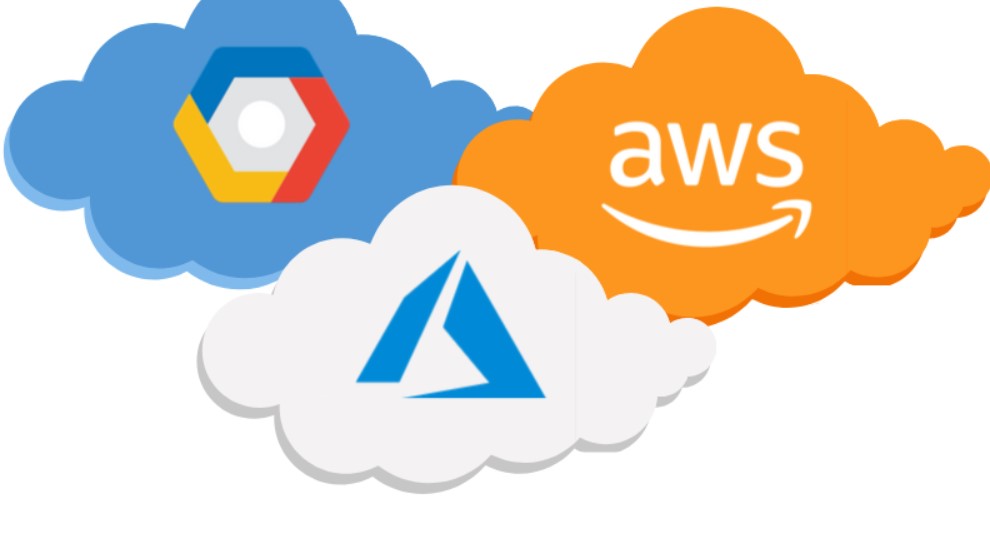
1. Amazon Web Services (AWS)
- Overview: AWS offers a comprehensive suite of cloud services, including computing power, storage, and databases.
- Features: Elastic Compute Cloud (EC2), Simple Storage Service (S3), Relational Database Service (RDS).
- Use Cases: Web hosting, big data processing, disaster recovery.
- Pros: Scalability, wide range of services, strong security.
- Cons: Complex pricing, steep learning curve.
- Price: Pay-as-you-go, with free tier options available.
2. Microsoft Azure
- Overview: Azure provides a robust cloud platform with a wide range of services for building, deploying, and managing applications.
- Features: Virtual Machines, Blob Storage, SQL Database.
- Use Cases: Hybrid cloud, AI and machine learning, IoT.
- Pros: Integration with Microsoft products, extensive global reach.
- Cons: Can be expensive, complex management.
- Price: Flexible pricing options, free tier available.
3. Google Cloud Platform (GCP)
- Overview: GCP offers powerful cloud services with a focus on data analytics and machine learning.
- Features: Compute Engine, Cloud Storage, BigQuery.
- Use Cases: Data analysis, machine learning, app development.
- Pros: Superior data analytics, and competitive pricing.
- Cons: Smaller market share, fewer enterprise features.
- Price: Pay-as-you-go, free tier available.
4. IBM Cloud
- Overview: IBM Cloud provides a suite of advanced cloud computing services, including AI and blockchain.
- Features: Virtual Servers, Cloud Object Storage, Kubernetes Service.
- Use Cases: AI development, blockchain, hybrid cloud.
- Pros: Strong AI capabilities, and hybrid cloud solutions.
- Cons: Limited third-party integrations, complex pricing.
- Price: Various pricing models, including pay-as-you-go.
5. Oracle Cloud Infrastructure (OCI)
- Overview: OCI offers high-performance computing and storage services tailored for enterprise workloads.
- Features: Compute, Block Storage, Autonomous Database.
- Use Cases: Enterprise applications, databases, analytics.
- Pros: High performance, strong database services.
- Cons: Limited third-party tools, high learning curve.
- Price: Competitive pricing with free trial options.
See also: Free Cloud Server: Top 5 Free Cloud Hosting Solutions
Comparison Table
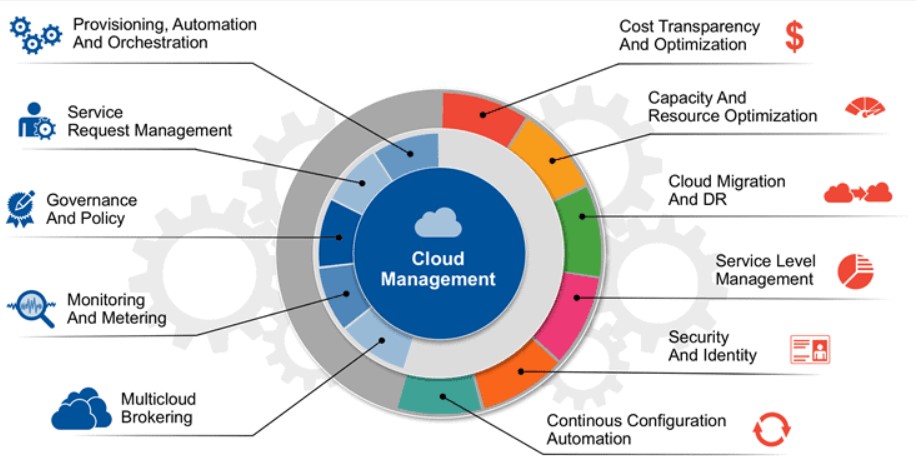
| Product | Use Cases | Pros | Cons | Price | Features |
|---|---|---|---|---|---|
| AWS | Web hosting, big data | Scalability, wide services | Complex pricing, steep learning curve | Pay-as-you-go | EC2, S3, RDS |
| Microsoft Azure | Hybrid cloud, AI, IoT | Microsoft integration, global reach | Expensive, complex management | Flexible pricing | Virtual Machines, Blob Storage |
| Google Cloud Platform | Data analysis, ML, app dev | Superior data analytics | Smaller market share | Pay-as-you-go | Compute Engine, Cloud Storage |
| IBM Cloud | AI, blockchain, hybrid | Strong AI capabilities | Limited third-party integrations | Various pricing models | Virtual Servers, Kubernetes |
| Oracle Cloud | Enterprise apps, databases | High performance, strong DB | Limited third-party tools | Competitive pricing | Compute, Block Storage, DB |
Detailed Use Cases and Benefits
Web Hosting with AWS
AWS provides scalable and reliable web hosting solutions. Benefits include:
- High Availability: AWS ensures your website is always up and running.
- Security: Advanced security features to protect your data.
- Cost Efficiency: Pay only for the resources you use.
AI Development with IBM Cloud
IBM Cloud’s AI capabilities allow businesses to develop advanced AI solutions. Benefits include:
- Advanced Tools: Access to Watson AI services.
- Flexibility: Deploy AI models on-premises or in the cloud.
- Scalability: Easily scale AI workloads as needed.
Data Analytics with Google Cloud
Google Cloud excels in data analytics and machine learning. Benefits include:
- Powerful Tools: BigQuery for fast SQL queries.
- Integration: Seamless integration with other Google services.
- Cost-Effective: Competitive pricing for data analytics services.
How to Buy Cloud Server Infrastructure
AWS
- Where to Buy: Visit AWS
- How to Buy: Sign up for an AWS account, choose services, and start using.
- Price: Pay-as-you-go with various pricing models available.
Microsoft Azure
- Where to Buy: Visit Microsoft Azure
- How to Buy: Create an Azure account, select services, and deploy.
- Price: Flexible pricing options, including free tier.
Google Cloud Platform
- Where to Buy: Visit Google Cloud
- How to Buy: Sign up for a Google Cloud account, choose your services, and start using them.
- Price: Pay-as-you-go with a free tier available.
FAQs
1. What is cloud server infrastructure?
Cloud server infrastructure is the combination of hardware and software that supports cloud computing services, providing scalable and on-demand computing resources over the Internet.
2. What are the benefits of using cloud server infrastructure?
Benefits include scalability, cost efficiency, reliability, flexibility, and security.
3. Which is the best cloud server infrastructure provider?
The best provider depends on your specific needs. AWS, Microsoft Azure, Google Cloud Platform, IBM Cloud, and Oracle Cloud Infrastructure are all top options with unique strengths.
4. How do I choose the right cloud server infrastructure?
Consider factors such as your specific use cases, budget, scalability requirements, and integration needs.
5. Can I try cloud server infrastructure for free?
Yes, many providers offer free tiers or trial periods, including AWS, Microsoft Azure, Google Cloud, IBM Cloud, and Oracle Cloud Infrastructure.
By understanding the benefits, detailed product comparisons, and how to buy the best cloud server infrastructure, you can make an informed decision to optimize your business operations. Start exploring these top products today and take your business to the next level!
